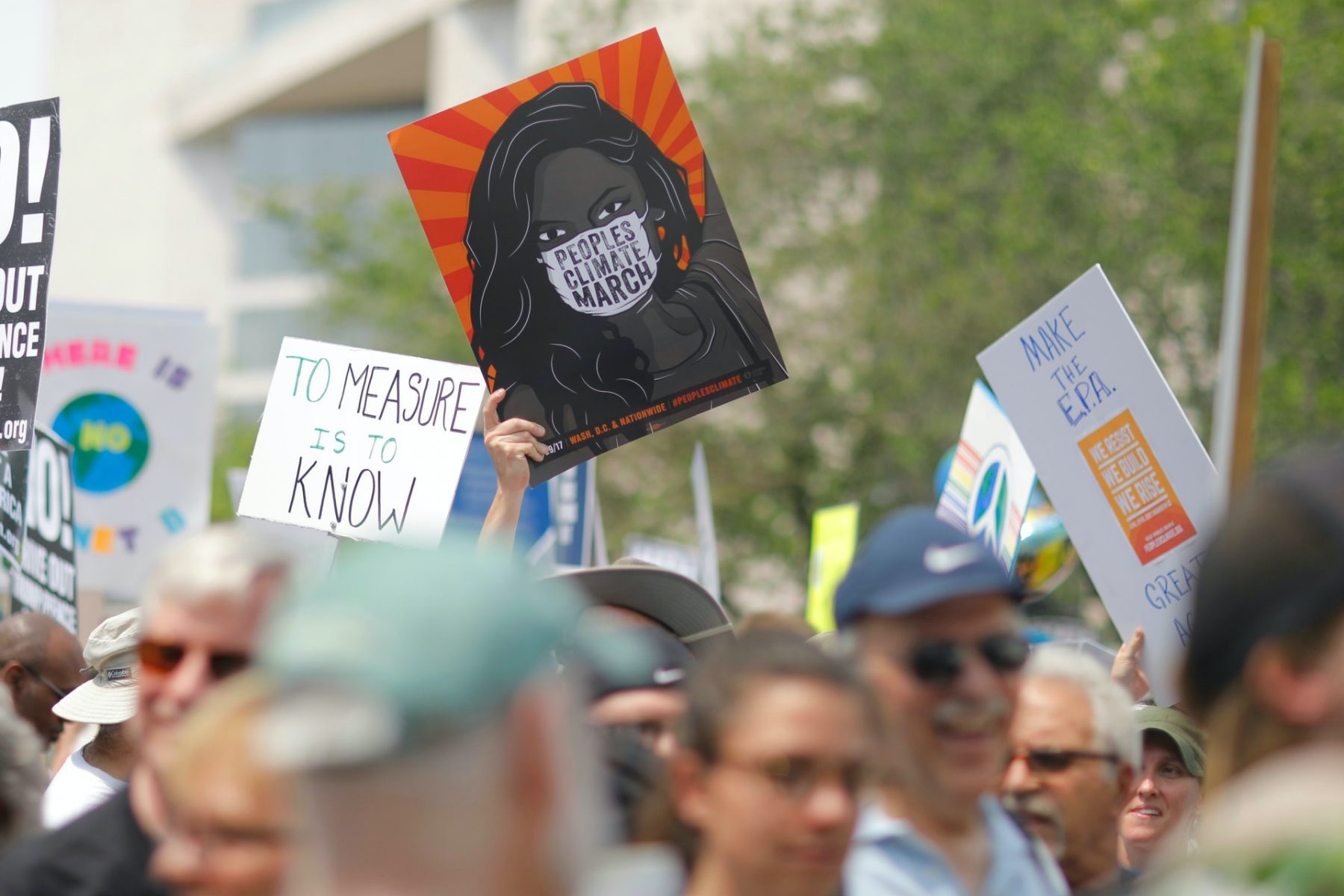You have probably seen a few petitions circulating around the internet — maybe you even signed a few. Online petitions are often touted as a way for people to show support for the issues they care about. If you’re not in a position to donate money or participate in protests, petitions are an alternative way to make an impact.
There has never been a more relevant time for online petitions to be in the spotlight. While they have existed for years, the one seeking justice for George Floyd became the most popular petition to date on Change.org. At 19 million signatures, this petition shows that online mobilization is gaining momentum and could become the new driving force for social change.
However, there have been serious critiques of online petitions as well. How does signing one, which can take as little as 30 seconds of your time, translate into real change? No doubt, there is power in numbers, but does adding your name and email, as these are often the only pieces of information petitions require, find its way into legislative action?
The importance of accessible online petitions, especially now while many students are stuck at home, cannot be understated. But accessibility also implies convenience, and critics use this ease to call online petitions a form of slacktivism, in which participants can feel good about themselves without having done much actionable change. Hence the satiric motto, “one petition signed, another world problem solved.”
To see the efficacy of online petitions, it is best to look at who these petitions are directed toward to see if they are being heard.
Who listens to petitions?
Petitions are generally directed toward people in power, like state and federal governments, public servants and universities, etc.
As has been drilled into the heads of young adults through American history classes, petitions have a long track record in this country. The right to petition is synonymous with the First Amendment, but the government is not required to listen to or respond to such requests.
In a 1984 case regarding collective bargaining, the United States Supreme Court ruled that “nothing in the First Amendment or in this Court’s case law interpreting it suggests that the rights to speak, associate, and petition require government policymakers to listen or respond to communications of members of the public.”
Legally, the government does not have to listen to petitions, but there are other avenues that have attempted to create a connection between the people and the government. Popular third-party petition sites include Change.org and MoveOn.
Perhaps the closest link Americans have to their representatives is through “We the People,” a website managed by the White House that allows the American public to petition the government. Created under the Obama administration in 2011, the platform allows anyone over the age of 13 to start a petition. If more than 100,000 signatures are gathered in 30 days, the White House will issue a response within the next 60 days.
However, many petitions on this website — especially those created during the Trump administration — have gone unanswered, despite meeting the signature threshold, hinting at the inefficacy of this platform. They fall on deaf ears and an unresponsive administration.
Even so, many petitions that received responses, like those under the Obama administration, did not find their way into legislation. A 2016 report by Pew Research Center found that of the 268 petitions that reached the signature threshold, only three led to concrete legislative action.
This data suggests that online petitions, at least through “We the People,” have a limited impact on policy; rather, the website seems to have more of a symbolic role than one that actually drives change.
But where the government might not listen, the media certainly does, and that can have a big effect on public discourse and conversation. If news organizations see that there is enough interest in a certain topic, then it can raise awareness about an issue. Such pressure by the public and the media could indirectly pressure those in power to take action.
Furthermore, as college students, petitions at the university level are often more successful than their national counterparts. Because colleges rely on student tuition for operating expenses, online petitions directed toward university administrators rarely fall on deaf ears.
For example, in the wake of the coronavirus outbreak, many students petitioned their colleges to implement more equitable grading practices for Spring 2020, leading many universities across the country to enact pass/fail options.
What do they offer?
Since there is not a strong legal basis that requires the government to listen to online petitions, why should one continue signing them?
For participants, online petitions are a basic form of civic engagement, which is important for any democracy. While students learn about U.S. history, what is glaringly absent from classrooms are lessons about civic education and current issues.
Less than half of young Americans vote, and becoming more informed on current topics allows students to be more engaged in politics and encourages them to vote in upcoming elections.
In a society defined by its individualism, petitions also offer people the ability to show their support for issues that might not affect them personally, but that are nonetheless important. It’s an opportunity to show that they care about others, an idea that is disturbingly absent from U.S. culture.
For organizers who create petitions with tangible and realistic goals, navigate online spaces, galvanize the public and even handle the oftentimes inefficient workings of the government, online petitions provide valuable political experience.
And for students not old enough to vote, petitions are a viable alternative for participating in political discourse.
Online petitions, despite their ability to be easily ignored, are one step in encouraging young adults to be more informed about current issues and to participate in political discourse. They may not lead to politically expedient changes, but they do cultivate a long-term emphasis on civic engagement.
With the upcoming 2020 election, there has never been a better time for petitions to be in the spotlight; they can help citizens become more informed about issues that might find their way onto the debate stage. Those in public offices might not listen to petitions, but they certainly listen to votes.

















